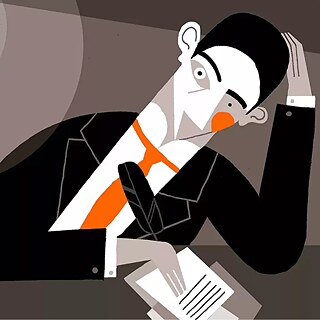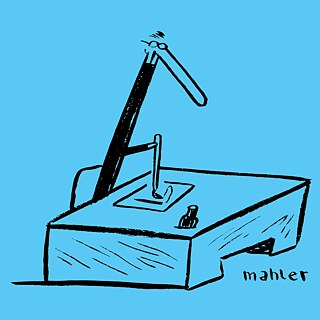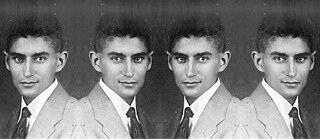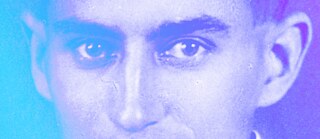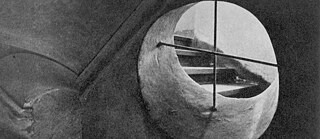Franz Kafka
100 years after his death
Why does Franz Kafka’s spell remain unbroken a hundred years after his death? Why do we still perceive Kafka as so modern and contemporary? Because Kafka wrote such beautiful letters? Because we love drama queens? Because we feel that the world has never been more Kafkaesque than it is today? Join us as we step into Kafka’s world! Be Kafka!
